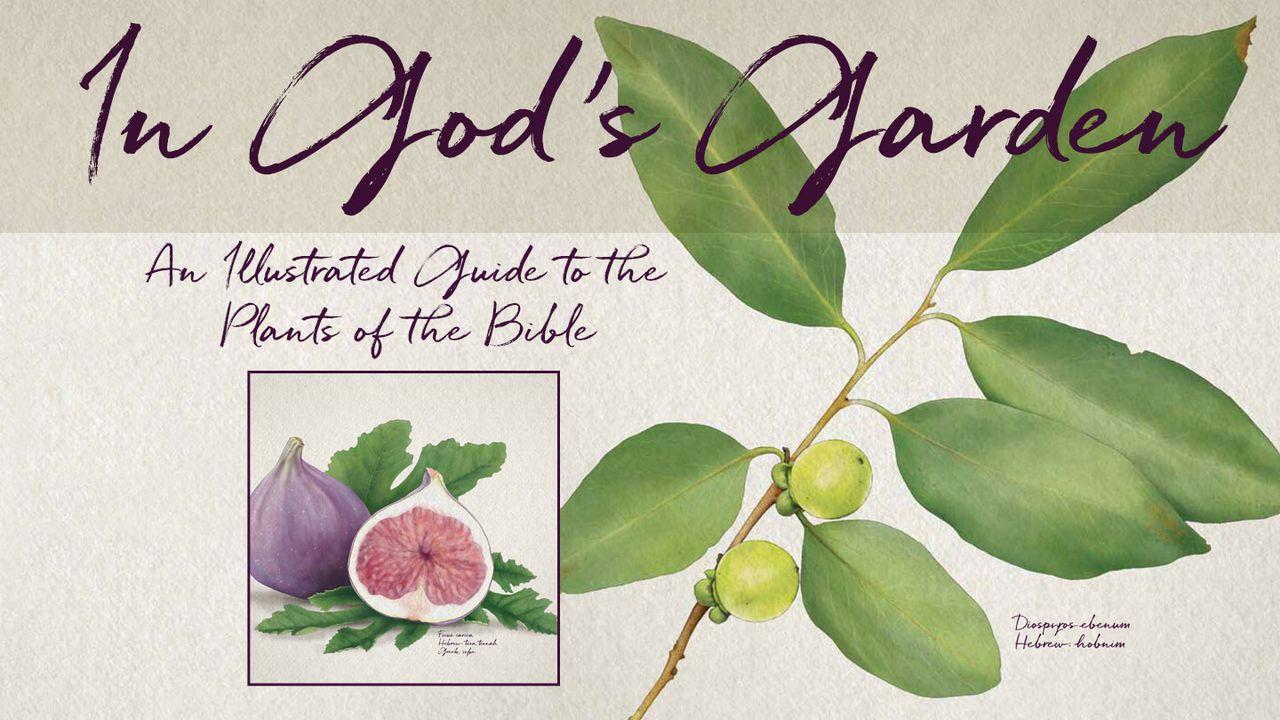معلومات عن خطة القراءة
In God’s Garden عينة

## Cedar of Lebanon
A study of the plants in the Bible gives us an appreciation for the scope of the narrative of God’s people in Scripture, who ranged from humble widows to exalted kings, in perfect harmony with His sovereign plan. Ruth, on the edge of deprivation, gleaned the harvest for free with other impoverished people at the edges of the field, taking home with her own hands the most basic grain to provide for herself and her mother-in-law. In contrast, King Solomon, believed to be one of the wealthiest people of all time, commanded a host of imports from Asia and Arabia, including rare spices, distilled incense, and cedars of Lebanon.
Cedars grew in several flourishing forests in Tyre. Imported in bulk during the time of David and Solomon, cedar is always mentioned in the Bible with admiration. Its wood is hard and close-grained, and it takes a high polish. Its resin preserves it from rot and worms. Thanks to the thriving commerce in the era of these kings, Solomon was said to have made the cedar as plentiful in Jerusalem as the common sycamore. Cedar became synonymous with strength and beauty. The psalmist proclaims, “The righteous shall…grow like a cedar in Lebanon” (Psalm 92:12).
عن هذه الخطة

Consider not only the lilies of the field, but all the plants, trees, herbs, shrubs, and flowers that play a role in the biblical narrative. The Bible is peppered with allusions to the plants that were a part of daily li...
More









